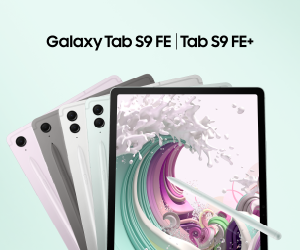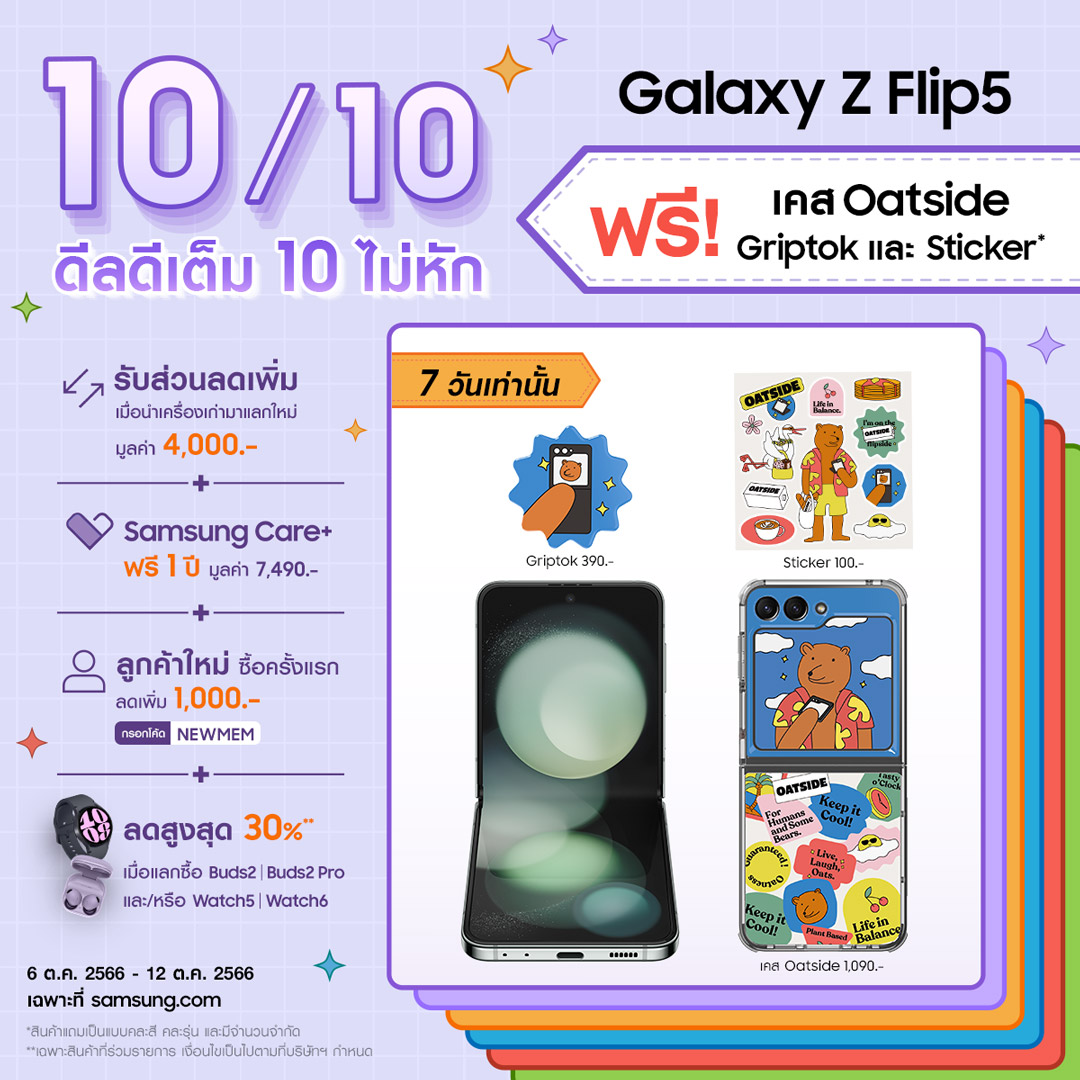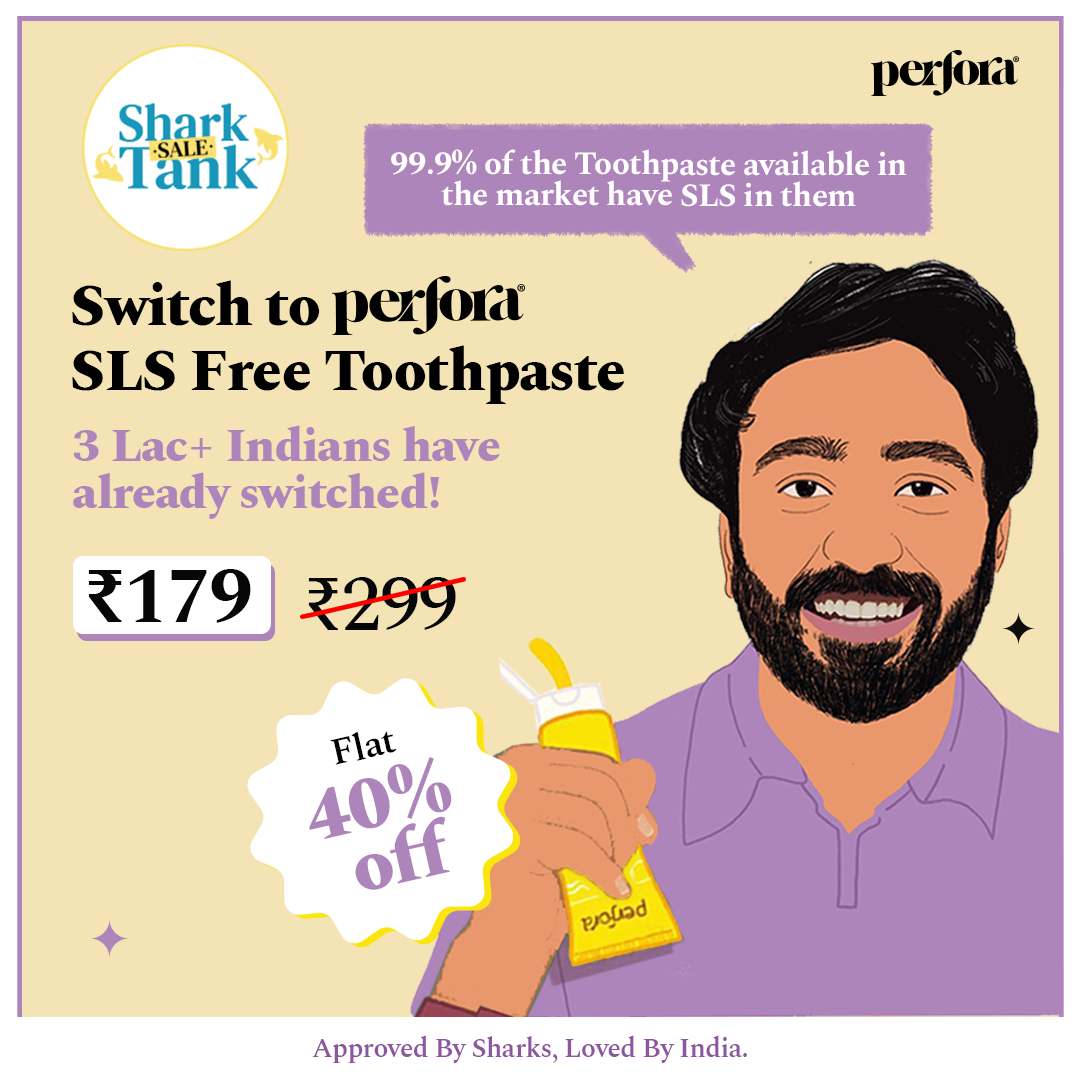In recent years, the demand for fish substitutes has increased enormously and these products are starting to gain in popularity. In addition to the use of algae and seaweed as sustainable food sources , more and more different vegetable fish substitutes are coming onto the market. How about plant-based fish products such as vegan sashimi or crispy kibbeling, even the large supermarkets have started it. Almost indistinguishable from the real thing, according to an expert!
The fish is paid dearly
Worldwide, fish populations are declining sharply and fishing is causing major problems for ocean life. Far too much fish is caught, fish consumption has doubled in the past 50 years. Every year we fish 80-90 million tons of marine animals from the sea and this has resulted in 1 in 3 fish species being overfished . In addition, millions of animals every year – including endangered species such as sharks, sea turtles and dolphins – end up in fishing nets as bycatch. Fishing equipment is the largest plastic polluter in the oceans and the deadliest form for marine animals. You may have already seen the footage in the documentary Seaspiracy or Netflix. Annually,more than half a billion (!) kg of nets, lines and other fishing material are dumped in the sea , animals get entangled in it, it disrupts the ecosystem in the sea, and our beaches are flooded with it.
Farmed fish is often seen as a sustainable alternative to wild fish, but the intensification has serious consequences for people and the environment. The large-scale use of antibiotics can lead to antibiotic resistance, and wastewater from intensive fish farming leads to toxic algae blooms and polluted drinking water. Furthermore, intensive fish farming is dependent on fish meal and fish oil as feed for the fish. So fish is actually caught to feed farmed fish and almost a fifth of all fish catches worldwide are used for this purpose. Not so sustainable, so more and more consumers are opting for plant-based alternatives.
 Photo Paul Einerhand via Unsplash
Photo Paul Einerhand via Unsplash
Neither meat nor fish
Plant-based alternatives to fish had been available for some time in the frozen section of large Asian supermarkets, but were not yet in the spotlight. In recent years, more and more types of plant-based fish substitutes have been added. In the first half of 2021, more was invested in plant-based fish than in the previous two years combined. It is the new start-ups that have really put plant-based fish on the menu.
Novish has been making vegetable fish products , such as fish fingers and burgers, based on wheat and peas since 2018. For sale at online supermarkets Picnic and Crisp and supermarket Vomar. Although they have rapidly expanded their range, they still see a challenge in producing ‘raw fish’. Vegan Zeastar does make vegetable salmon for sashimi, which has recently been available in the freezer section of the Jumbo. The Garden Gourmet brand sells a vegetable alternative to tuna based on pea protein, available at Albert Heijn. Several major brands such as Vivera, Qorn and the Vegetarian Butcher also sell ‘fish-free’ products such as tuna and fish fingers.
Don’t feel like standing in the kitchen yourself? There are more and more places where you can order vegan fish. The Vegan Junkfood Bar in Amsterdam and Rotterdam offers vegan sashimi, calamari and shrimps. You can also go to The Dutch Weed Burger for the tastiest burger made from seaweed from the Oosterschelde. Or how about vegan caviar made from kelp (a type of seaweed)? Just for sale at IKEA!
 Photo tomato tuna via Mimic Seafood
Photo tomato tuna via Mimic Seafood
What’s the catch?
It not only offers a solution for climate-conscious eaters, but also for pregnant women and people with a shellfish allergy. People often eat fish because it is rich in vitamins and minerals, so vegetable substitutes must also contain these healthy properties in addition to a similar taste and structure. By adding algae, producers ensure that they also contain enough omega-3 fatty acids and vitamin B12.
What the replacements are made of varies greatly per product. Some products are made from seaweed, water and soybeans. And other plant-based fish is made from wheat and pea protein. The Spanish start-up Mimic Seafood takes a slightly different approach and makes tuna from dried tomatoes. One marketing expert from the tuna industry was so impressed that he joked that this could become a problem for them . Unfortunately, this tomato tuna is not yet for sale in the Netherlands. The downside of the vegetable fish? At the moment it is still less than 1% of the entire food sectorand you notice that in the price of most products. But that is starting to change. The large supermarkets have recently also started to have vegetable fish products from the house brand, you can now go to both Jumbo and Albert Heijn for your vegan sea sticks and kibbeling!




















